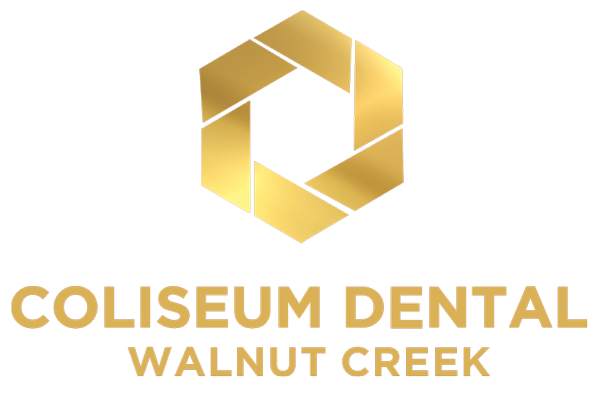Why brush twice a day? There are several answers to this question. We brush, floss, and rinse repeatedly every day to reduce the bacterial load in the mouth, prevent disease development, avoid halitosis, remove stains, and remove food particles, among others. All these answers are true, valid, and accurate, but there is a more important reason than all of these. It relates to what is known as mechanisms of biofilm formation.
Biofilm develops in a precise sequence of bacterial species stacking on top of one another. It happens the same way over and over, every time biofilm starts building up. The first bugs congregating on a newly forming biofilm are always the same gram-positive aerobes, Streptococcus and Actinomyces. The most important feature of these early colonizers is that they are not pathogenic.
In other words, they cannot cause periodontitis. In fact, they are considered favorable or beneficial and are associated with healthy gingiva. For clarification, a healthy gingival sulcus is not sterile or devoid of bacteria. It is rather, populated by the right types of bacteria, namely the early colonizers.
If a newly developing biofilm is not eliminated or at least adequately dismantled, the later-arriving periodontal pathogens have a chance to come on board the biofilm. The periodontal bugs are always among the later colonizers. The bad bugs cannot land on the biofilm until conditions are appropriate and it is their turn. Holding them back gives the immune system a fighting chance to keep the pathogens in check.
Prior to joining the biofilm, the periodontal pathogens are freely floating around the mouth. They cannot cause disease in this state. Bacteria must be attached to the gingival epithelium to cause gum disease. No attachment, no disease, period.
When the biofilm is not brushed away, the perio pathogens start piling on. In approximately three to 12 weeks, they will become the predominant species. This is the start of gum disease.
So the primary reason to brush twice a day is to knock down the biofilm with our homecare efforts, causing it to start over and over again. Forcing the biofilm to keep starting over maximizes the favorable, early colonizers and minimizes the later-colonizing periodontal pathogens. Removing the biofilm as often as possible keeps the the bad bugs in a holding pattern, circling around the mouth without a place to land. This is where we want them, since they cannot cause disease in a non-attached position.
Frequent, effective home care is critically important, since periodontal diseases have local effects in the oral cavity and global effects around the rest of the body. So brushing twice a day can greatly help in protecting not only your teeth, but your general health and well-being.
Article from Dental Economics, May 2011


